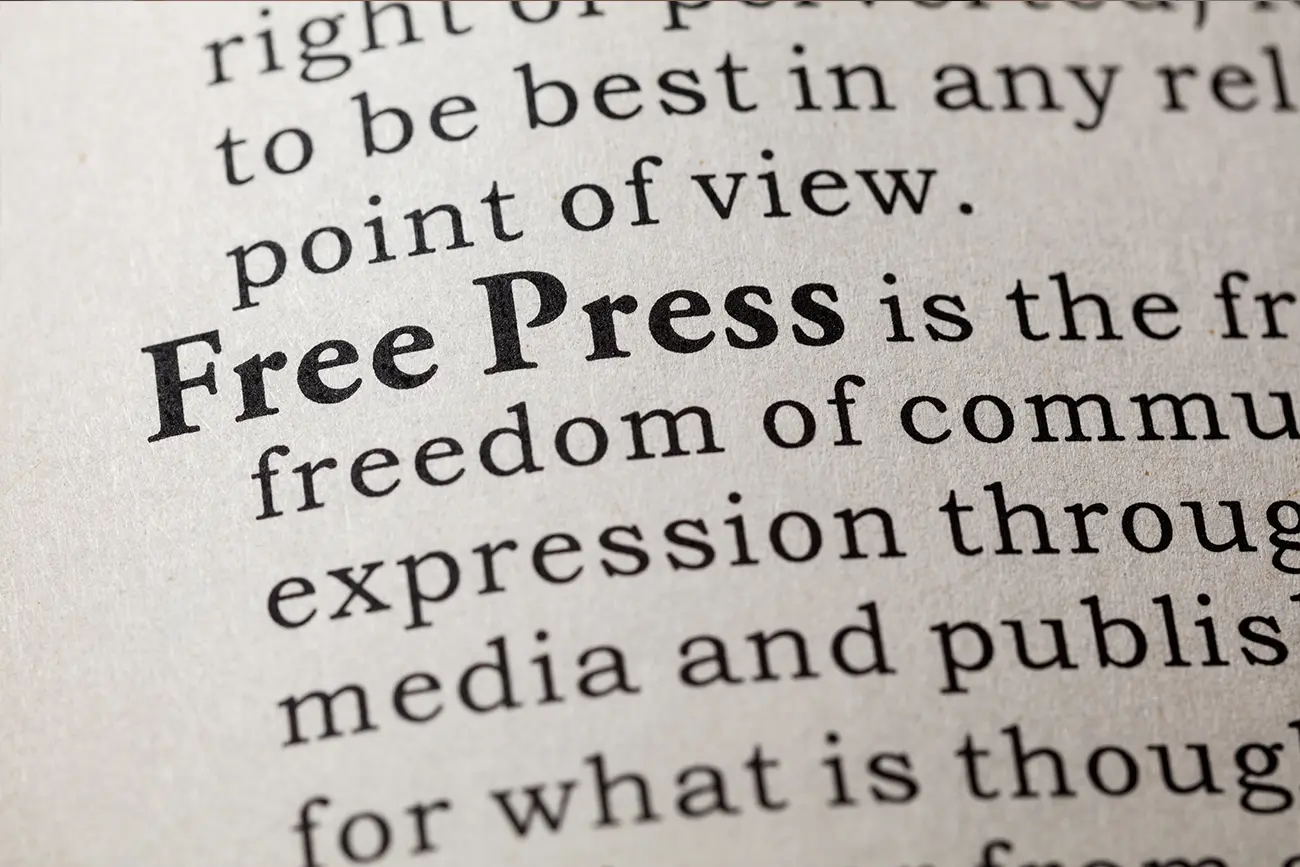
Annabel Raw & Caroline James
Friday 22 January is the international Day of the Endangered Lawyer. It is a day in which we draw focus on those in the legal profession who in representing their clients face harassment, persecution, injury and death. Events in the past year have highlighted the gravity of these concerns in Lesotho and Swaziland and how threats to the independence and safety of lawyers and legal profession so often mark a deepening disrespect for the rule of law.
In the early days of a security crisis in Lesotho from May last year, a number of soldiers in the Lesotho Defence Force (LDF) were apprehended by members of their own army. Many were “arrested” on their way to work, others were taken away from their homes by masked and un-uniformed armed men, leaving their families with no information on where they had been taken, for what purpose or by whom. With little recourse, they turned to lawyers practicing in Maseru to assist them in moving habeas corpus applications, a legal mechanism to challenge unlawful detention. The manner in which the detained soldiers were eventually brought before court has marked the beginning of many months in Lesotho in which courageous lawyers, who have sought to enforce the law and defend their clients’ rights, have worked under direct threats and intimidation, seeking justice at the barrel of a gun.
During the habeas corpus proceedings, the soldiers were brought before court shackled and hooded, with some bearing visible signs of torture. They were accompanied by masked members of the LDF carrying assault weapons into the court room. In this intimidating atmosphere, lawyers were openly threatened by members of the army. In subsequent days, lawyers representing the detainees continued to be intimidated, causing one prominent lawyer to flee the country.
In the following months these lawyers have continued to challenge the army’s non-compliance with court orders to release the detainees and in litigation to prevent the setting aside of a SADC Commission of Inquiry set up to investigate criminal conduct within the LDF. International concern, including that of the Law Society of South Africa, has been voiced against the conditions under which these lawyers have had to work, including being placed on a hit-list, a threat which the lawyers takes seriously.
In Swaziland, opposition to the King and the political system which prohibits political parties is treated as terrorism and the courts have often been seen to do the King’s bidding. Swazi lawyers regularly face intimidation when they challenge this status quo. In August 2014, human rights lawyer Sipho Gumedze attended a civil society event in Washington DC held at the White House to coincide with the US-Africa Summit hosted by American President Barack Obama. At the time, there had been a crackdown on free expression in Swaziland and a number of political and social activists were in prison or facing charges resulting from their criticism of the Swazi King and political system. Gumedze was photographed with a colleague from the Trade Union Congress of Swaziland (TUCOSWA) holding a banner saying “Free Speech in Swaziland NOW!” Soon after, the Prime Minister of Swaziland, Barnabus Sibusiso Dlamini, said, in a speech to Parliament, that Gumedze and his colleague should be “strangled” on their return to Swaziland.
Another of these lawyers, Thulani Maseko, spent fifteen months in prison in 2014 and 2015 after he was charged and convicted of contempt of court for writing an article that was critical of the then-Chief Justice Michael Ramodibedi. Maseko was described as a “disgrace to the legal profession” by the presiding judge, Mpendulo Simelane, when he was sentenced. Ramodibedi and Simelane have since been charged with defeating the ends of justice – in essence what Maseko was attempting to highlight in his article.
The beauty of the law and the potential of an independent judiciary is that no matter who you are, you are beholden to the same rules as everyone else. Even kings and armies must comply with the rule of law. It is vital that lawyers are able as professionals to serve the law’s potential in being free to represent their clients independently and with zeal, being able to speak freely when shining light on violations of the law, and to defend the rights of the vulnerable, even against the most powerful. It is an idea that the international community has recognised and affirmed as indispensable to the rule of law and the realisation of human rights. We call for solidarity in support of endangered lawyers throughout southern Africa and commend the courage of those lawyers in Lesotho and Swaziland in particular who continue to uphold their ethical duties in the face of threats, incarceration and violence.



